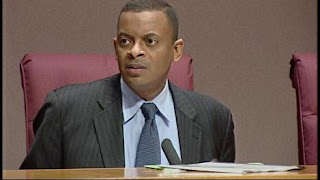


Black Homicides Up In Charlotte This Year
Six months after Charlotte celebrated a year with a record low in homicides, an uptick in killings this year has officials and residents worried - especially in an area near uptown that has long struggled with violence.
In the first half of this year, Charlotte-Mecklenburg police investigated 33 homicides, up 27 percent from the same period last year, when there were 26 homicides.
The increase in crime is driven largely by a spike of killings in the Metro Division, an area of older neighborhoods that have struggled with crime in the past. In the 1990s, city leaders declared the area a top priority for improved police, housing and recreation services.
At this point last year, Metro Division's two dozen or so neighborhoods had one murder. This year, 11 people have lost their lives in that area, which lies mostly northwest of uptown and includes the corridors of Beatties Ford Road and Brookshire Freeway.
At its current pace, Metro is on track to finish the year with the division's highest homicide count since 2007. The division contains a mix of poor and working-class neighborhoods along with industrial areas - and it includes fragile communities such as the Lincoln Heights, Druid Hills, Genesis Park and Seversville neighborhoods.
Police note that crime overall in the Metro division is down about 20 percent from last year. Still, they say, the increased killings frustrate and overshadow gains made by police, residents and businesses.
Metro Capt. Bruce Bellamy recently outlined what his division is doing to combat crime during his monthly meeting with police commanders.
Bellamy says drug sales simmer beneath Metro's crime, so officers are disrupting street-level dealing. He has also assigned "focused mission teams" of officers to target pockets of crime.
In June, Police Chief Rodney Monroe announced he was beefing up patrols around homicide hot spots after a citywide spree of five killings in five days. One of those was the shooting death of a 23-year-old man in a Metro Division apartment complex.
Charlotte could still end the year with a lower-than-average homicide total. And the city is unlikely to come anywhere near its peak of 122 people killed in 1993, when the crack cocaine epidemic made drug violence soar.
Last year's 56 homicides was the lowest number in 21 years, and the lowest rate per 100,000 people since police began keeping uniform records in 1977.
Chief Monroe last week declined to discuss what might be driving the recent increase in killings.
In Metro, most of the homicides stemmed from disputes between loved ones or acquaintances, says Capt. Bellamy, heat-of-the-moment crimes that are hard to stop.
"It's not just random...The victims know the accused," Bellamy says. "It's frustrating from a police standpoint not to be able to do anything in some cases to prevent that."
People living in the Metro division say the police presence is noticeable, and that things have gotten better over the last decade or so.
In the mid-1990s, Charlotte recognized the troubles in the city's urban core neighborhoods and launched new efforts - with charities, churches and citizens - to attack root causes of crime. Taxpayers and donors spent millions to build better housing, fight crime, repair infrastructure, and create outlets for youth.
But some Metro residents say those coalitions have eroded.
"In our case, we feel almost abandoned," says Thomas "Pop" Sadler, who leads the Greenville neighborhood in Metro. "Not only have our partners walked away, they closed the pool and now they're closing the recreation center....I don't know what the kids are supposed to do. I'm afraid we're going to be visiting some of them in jail someday."
Sadler is glad to see police in Greenville, but he wishes officers would do more to build relationships with residents, rather than simply patrol.
He also says politicians don't come around like they used to. "It's not blighted like it once was so there's not a lot of attention. We don't have the representation we really deserve. We don't have advocates."
City Council member James Mitchell, whose district includes much of the Metro division, could not be reached last week.
Neighborhood leaders in Metro also fault residents for a waning commitment to the fight against crime. A previous generation of leaders, some say, has moved out or grown tired of shouldering so many of challenges.
"Nowhere in the world can police improve a neighborhood by themselves," says Herbert Weathers, a longtime resident of Enderly Park, where three of Metro's homicides this year happened - one in January, one in February and one last Friday.
"Monroe is a good chief. He has a lot of good ideas, but he needs help from the people ... We've been trying for honest to God about 30 years. It's not improving."
Bellamy says police are working to strengthen coalitions. He points to new alliances with business owners and apartment managers, such as those at the Bahama apartments, where he says crime has dropped this year.
"We're there to partner with anybody and everybody who's in (the) community," Bellamy says.
View Larger Map
Sources: Charmeck.org, McClatchy Newspapers, WCNC, Google Maps


















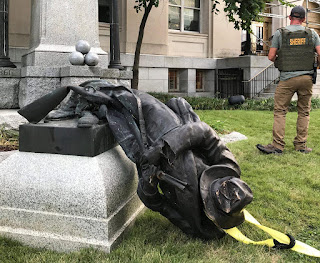































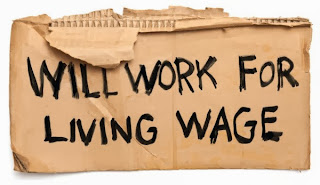












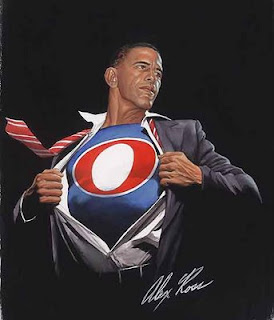



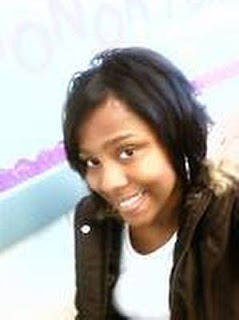
.jpg)








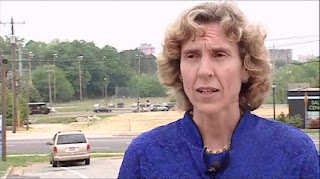














No comments:
Post a Comment